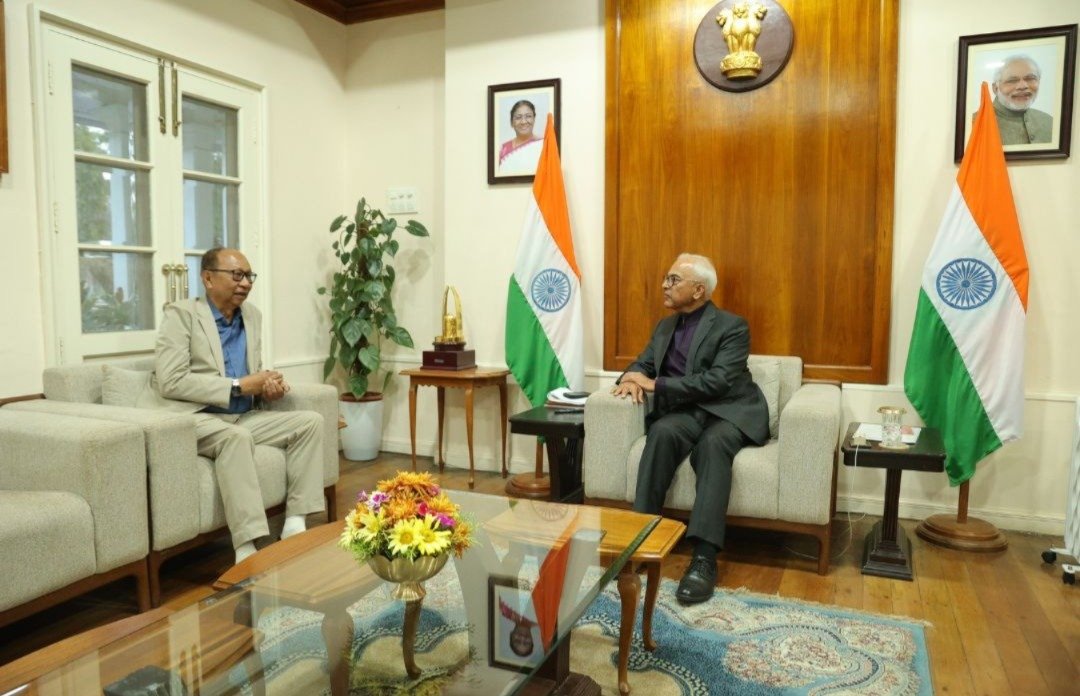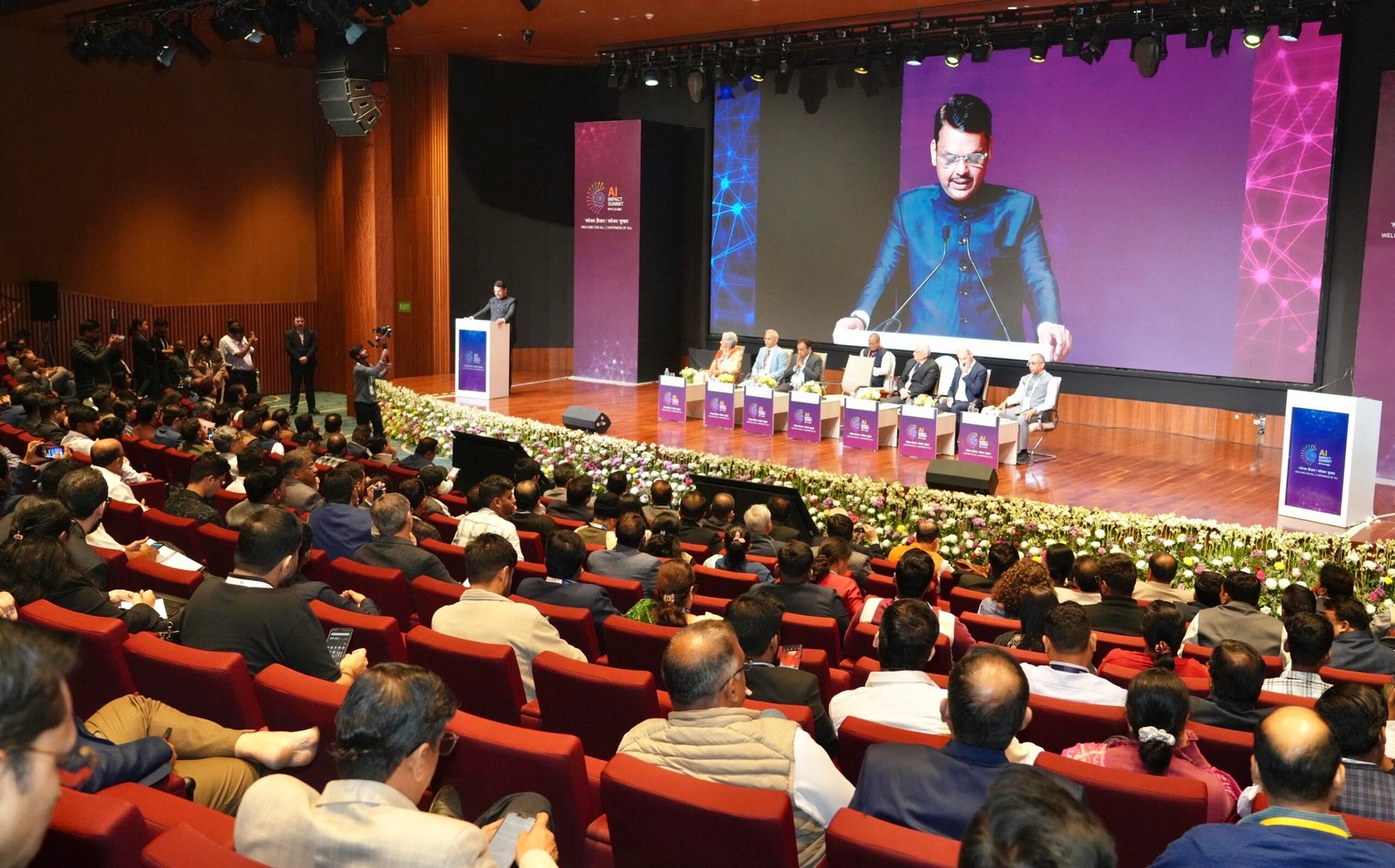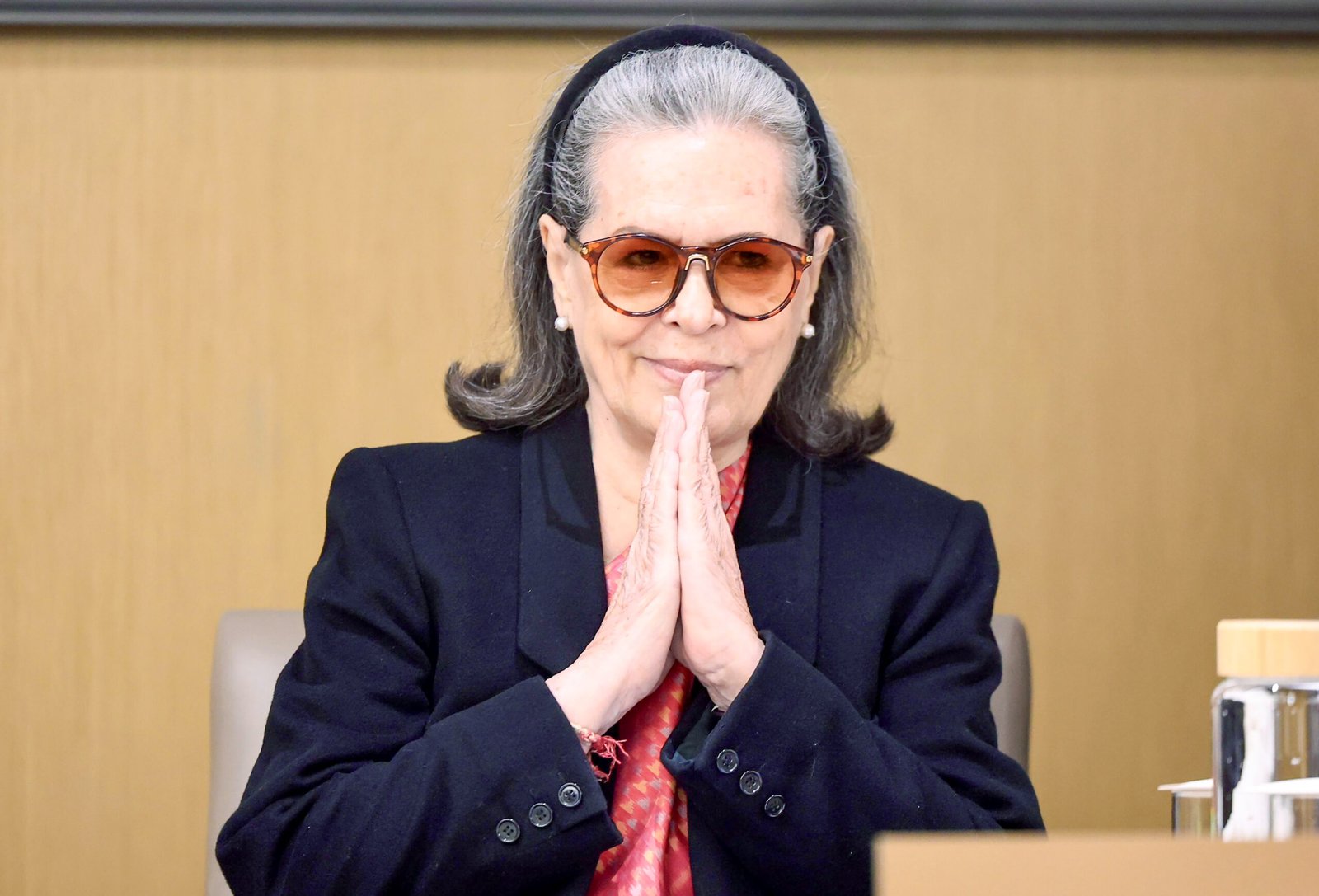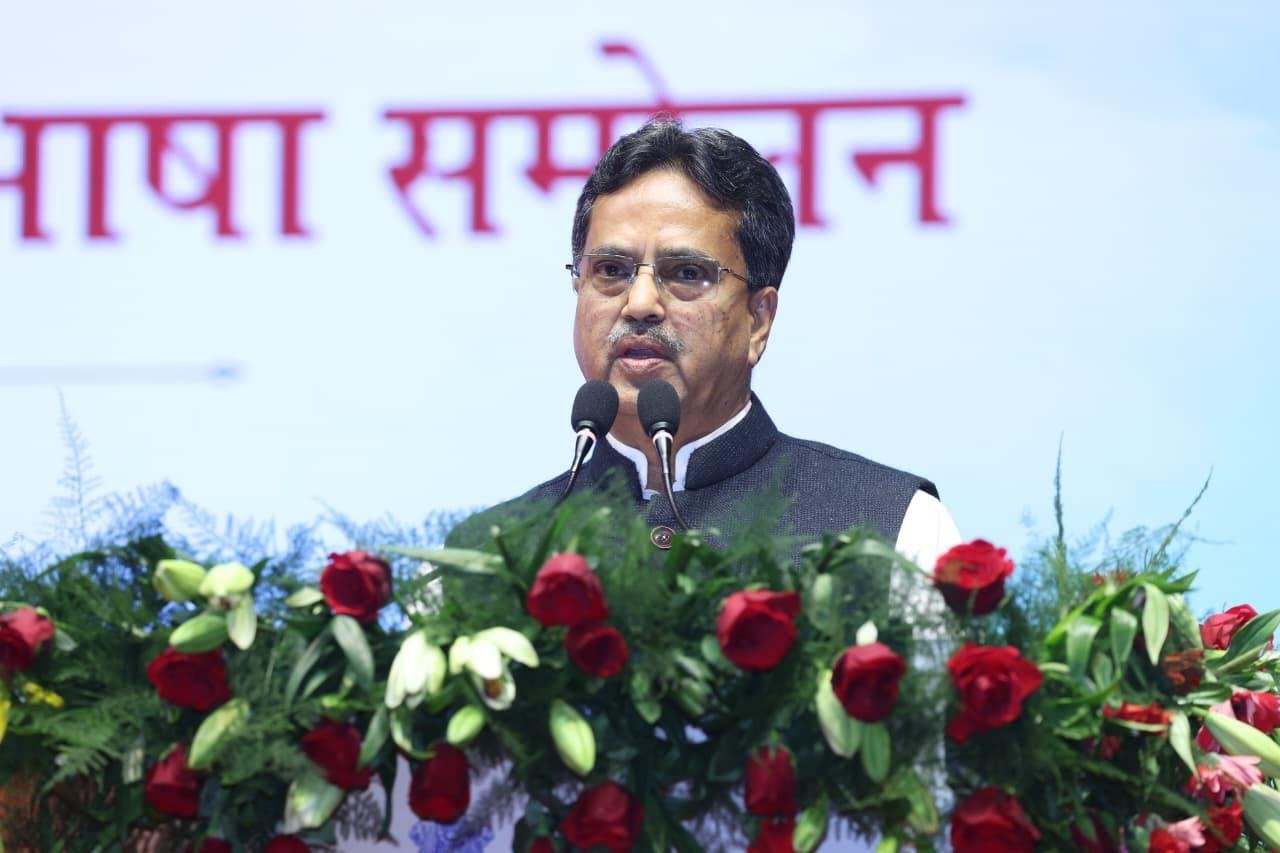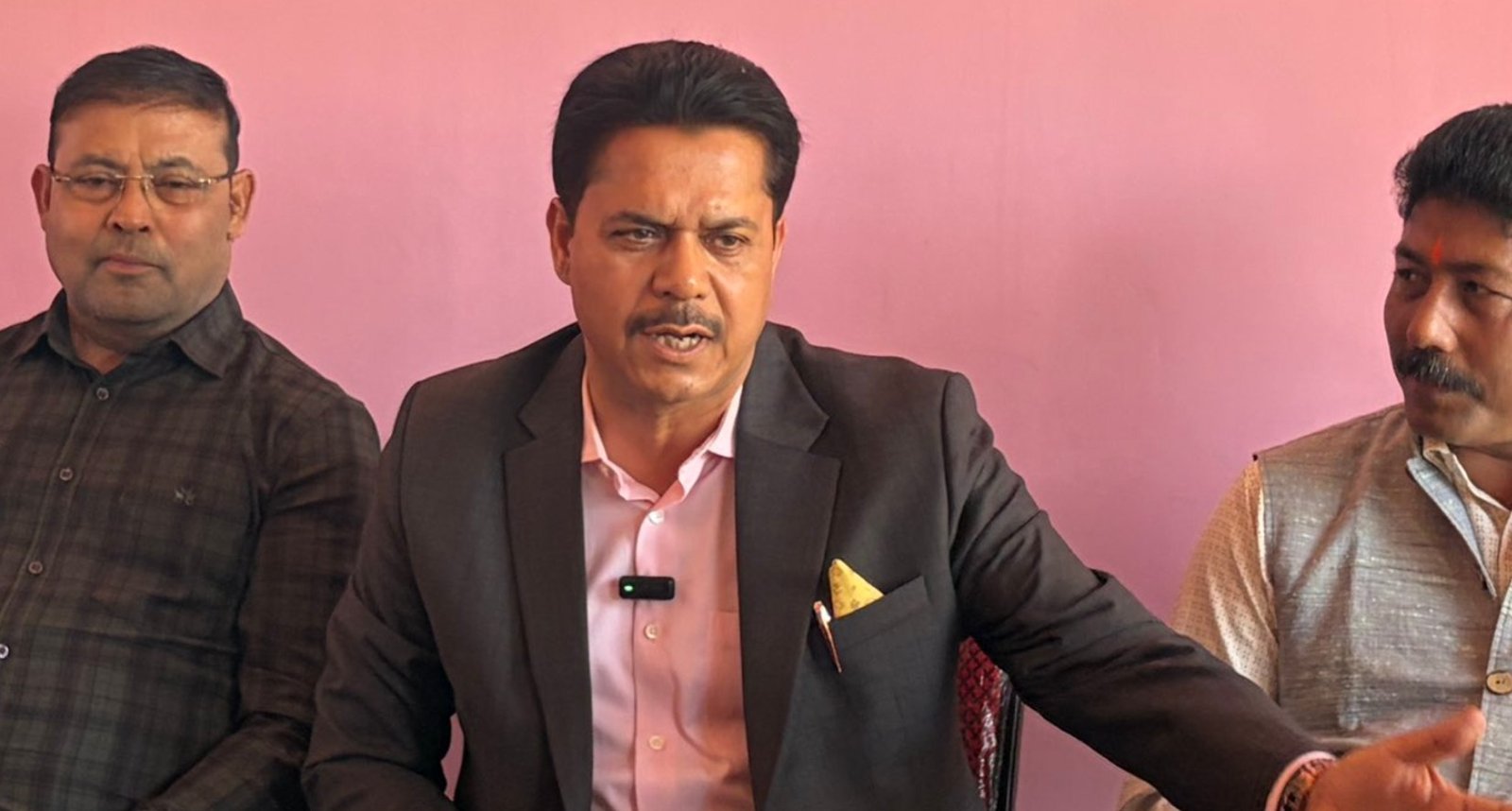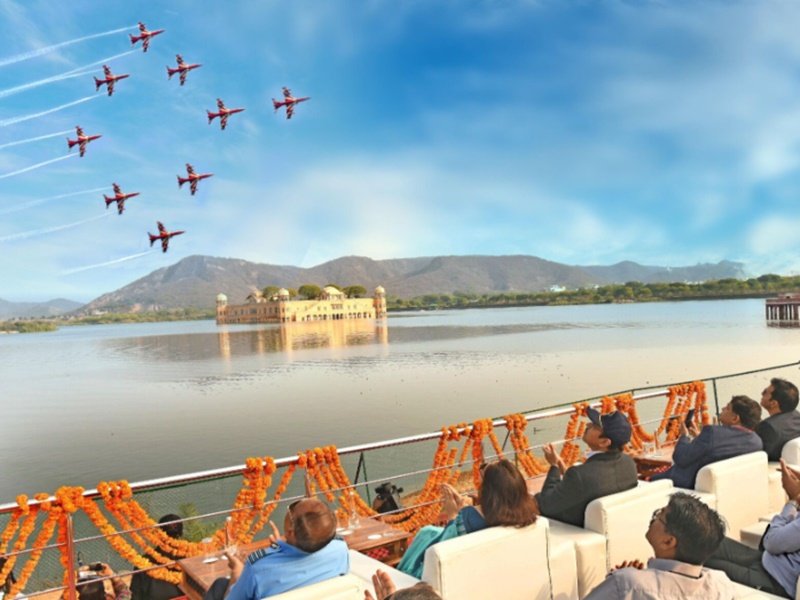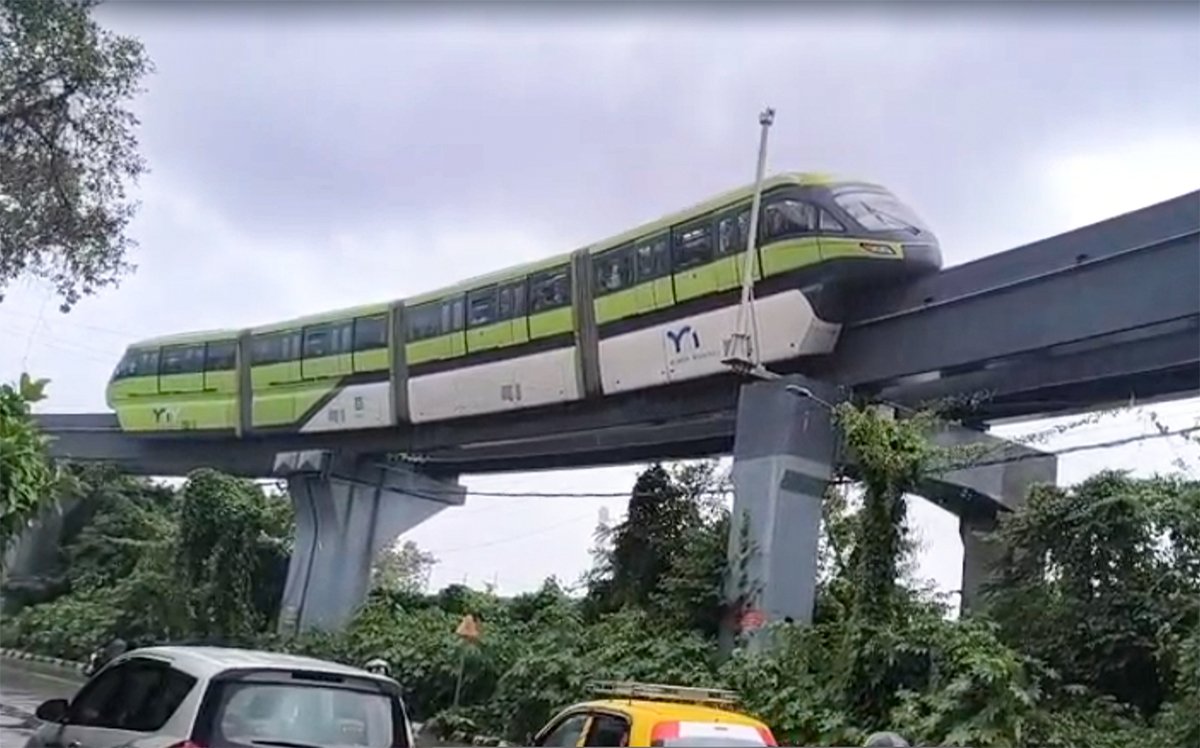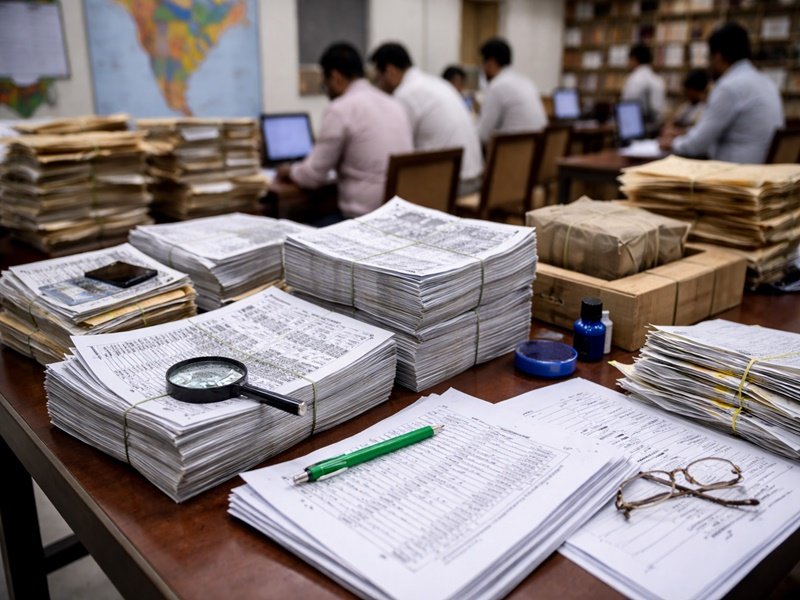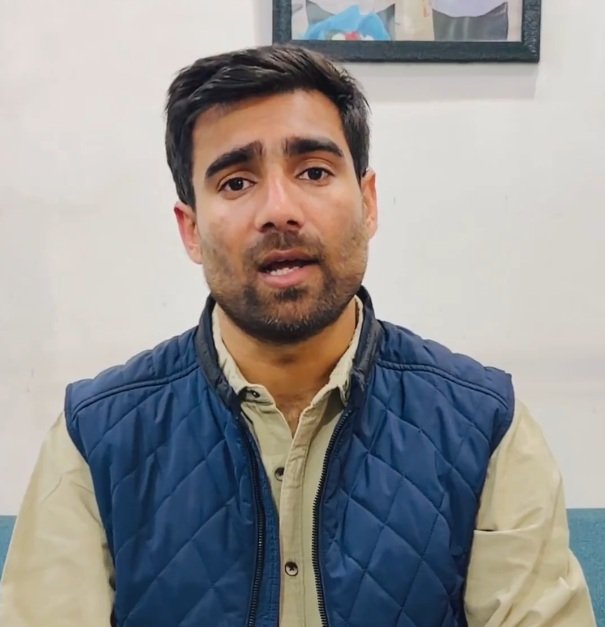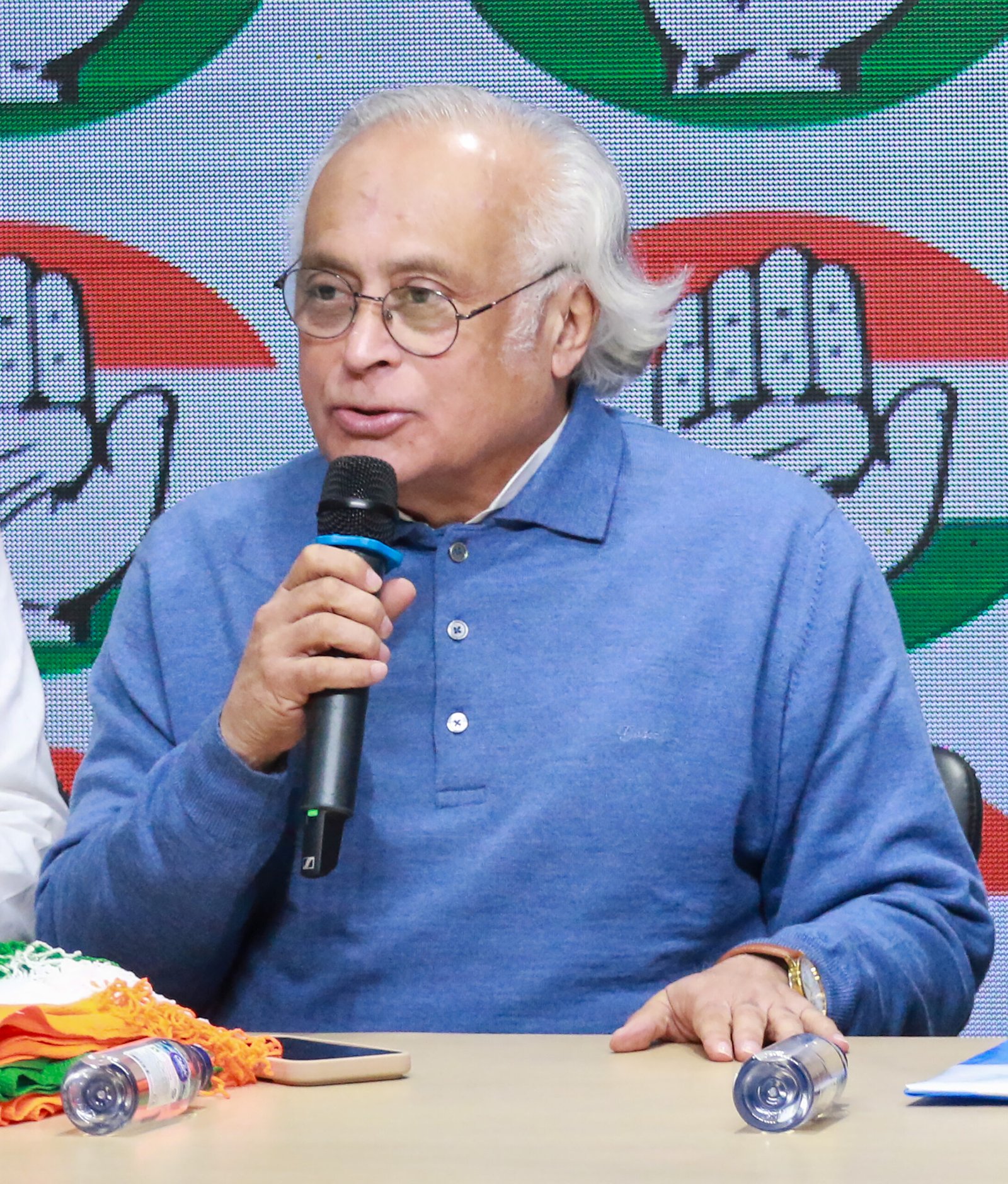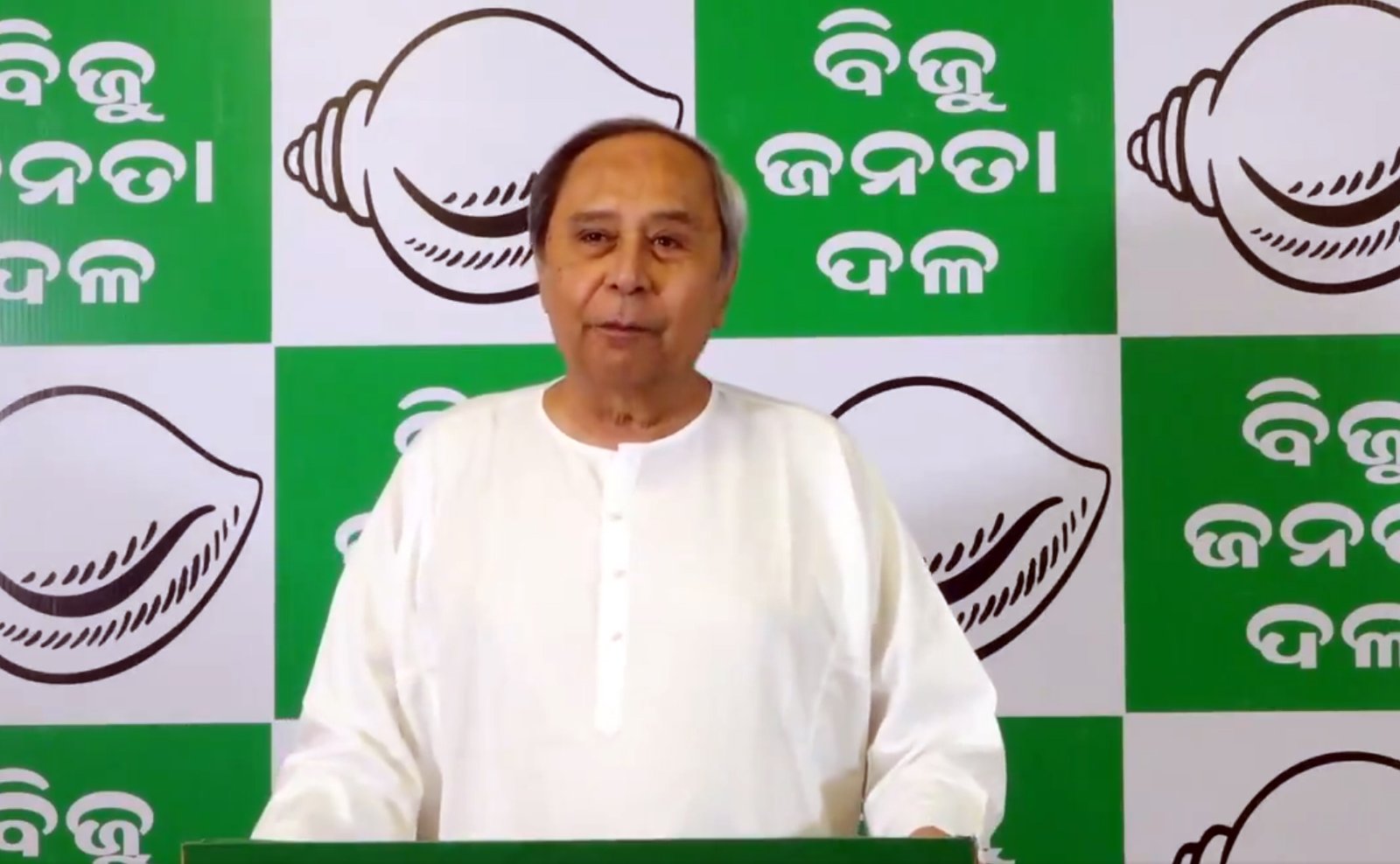
Prime Minister Narendra Modi urged India’s states to team up with the central government as he addressed the nation just before major GST reforms kick off. Speaking on the eve of these changes, Modi highlighted the power of cooperative federalism to build a self-reliant India, or Aatmanirbhar Bharat.
He started by wishing everyone a happy “Bachat Utsav,” or Savings Festival, and encouraged people to choose Indian-made products over imports. Modi called on state governments to fully back the Aatmanirbhar Bharat and Swadeshi movements. “When the Centre and states move forward together, the dream of a self-reliant India will be fulfilled, every state will develop, and India will become a developed nation,” he said.
Modi pushed states to ramp up manufacturing in their regions with real enthusiasm. He asked them to create a welcoming environment for investors to help grow local economies.
This emphasis on teamwork comes at a key time. The original GST rollout in 2017 unified India’s taxes but sparked tensions between states and the Centre. Issues like revenue sharing, delayed compensation, lost fiscal freedom, and uneven power in the GST Council created headaches. Now, with GST 2.0 on the horizon starting September 22, Modi’s message shines a light on the challenges of balancing state rights with national goals in India’s federal system.
Earlier in his speech, Modi praised the upcoming Goods and Services Tax reforms as a historic milestone. He called them a big leap toward Aatmanirbhar Bharat. “From sunrise on September 22, a new chapter in India’s tax regime will begin,” Modi said. He described it as the start of a “GST Savings Festival” that will help everyday Indians, including the poor, middle class, women, small businesses, and young people.
“With these reforms, the savings of every Indian will increase, and people will be able to buy their preferred items more easily,” he added. “This festive season, everyone’s happiness will multiply.” Modi believes the new setup will supercharge India’s economic growth.
Looking back, Modi recalled the chaos of India’s old tax system before 2017. Back then, a tangle of taxes like excise, VAT, and octroi bogged everything down. “For decades, our citizens and traders were caught in the maze of dozens of taxes,” he said. “Moving goods from one city to another meant crossing multiple checkpoints, filling endless forms, and paying arbitrary tolls. The burden ultimately fell on the poor consumer.” These GST updates aim to simplify that mess and make life easier for all.
Stay informed on all the latest news, real-time breaking news updates, and follow all the important headlines in world News on Latest NewsX. Follow us on social media Facebook, Twitter(X), Gettr and subscribe our Youtube Channel.





